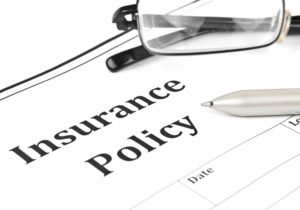The Captive Insurance Company: A Look into What’s Covered
What is captive insurance?
Captive insurance is insurance or reinsurance provided by a company that is formed primarily to cover the assets and risks of another company. Captive insurance is essentially an “in-house” insurance company with a limited purpose and is not available to the general public “open market”. The insurance covers risks that are very real, but have a low probability of occurring. These risks could also not be insurable on the open market or too costly to insure.
 Insurance costs are lower because you don’t have to pay the “padded costs” that other insurance companies add onto their premiums to cover their margins and overhead.
Insurance costs are lower because you don’t have to pay the “padded costs” that other insurance companies add onto their premiums to cover their margins and overhead.
Advantages
With captive insurance, companies are not attempting to make a profit; their purpose is to provide low cost insurance coverage.
A captive insurance company is often used as an investment option. For instance, if you pay your captive insurance company for 5 years and there are no claims – that money has essentially become an investment since you own the company. This is unlike car insurance, where if you pay for five years and have no claims – you have no right to get that money back.
Captive insurance is more flexible than traditional insurance, because the company can adjust the proportion of assumption of risk or the amount of reinsurance depending on how soft or hard the market is.
Another benefit of captive insurance is in claims management. With “in-house” insurance, a company cuts through the red tape and bureaucracy associated with traditional insurance companies. The parent company can dictate the procedure by which claims are processed. Perhaps one of the biggest benefits is that excess net premiums can be recouped by the parent company when claims are low, and they can increase reinsurance in riskier areas.
Types of Risks Covered
The following is a short list of the risks covered by a captive insurance policy:
- Public and Product Liability
- Physical Property Damage
- Professional Indemnity
- Reputational Harm
- Technology Malfunction
- Loss of Key Customers
- Loss of hospital privileges for doctors
- Employee benefits such as medical aid and employer’s liability
- And many other risks
Please visit my website or contact me directly if you would like any more information regarding Asset Protection or Estate Planning, or would like a copy of my best-selling books on Asset Protection (complimentary if you mention this Blog).
Category: Financials
Tags: NationalSponsor, ThePresserLawFirm

